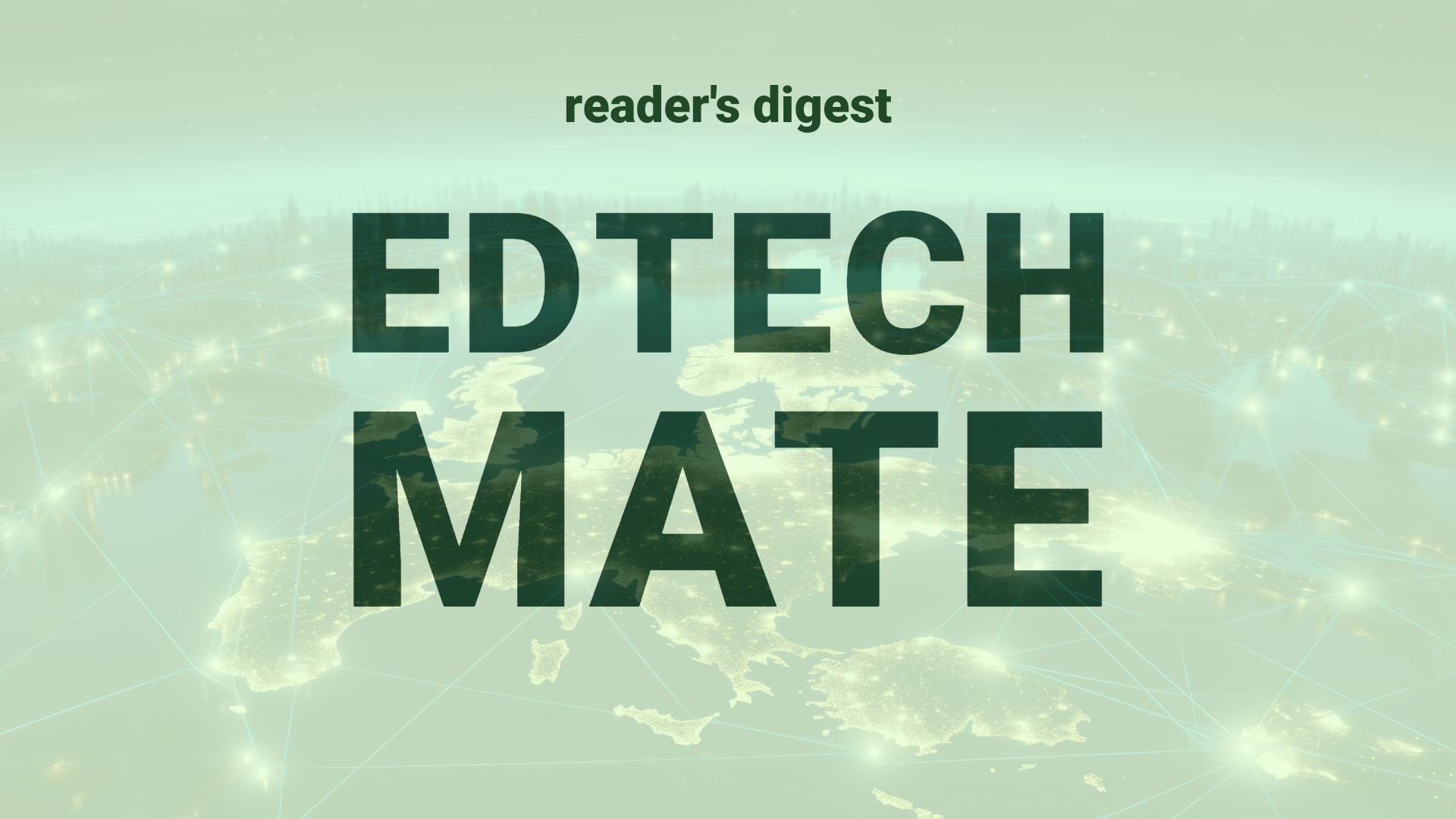Executive Summary and Main Points
Global higher education is witnessing a significant digital transformation, marked by the advent of “borderless workspaces” catered to by sector leaders like Microsoft and Tata Consultancy Services (TCS). Innovations have surged in the wake of the COVID-19 crisis, with TCS’s implementation of Microsoft 365 and Microsoft Teams being quintessential. This strategic approach has reinforced the ability to sustain secure, fraud-resistant environments while enhancing employee experience for an extensive workforce. Built-in AI and machine learning within platforms like Microsoft Sentinel and Defender for Cloud exemplify the digital forefront of workplace solutions.
Potential Impact in the Education Sector
The sector-specific solutions proffered by Microsoft and TCS could revolutionize Further Education, Higher Education, and Micro-credentials through the bolstering of strategic partnerships and digitalization. The education sector stands to benefit from enhanced security and data integrity, which are paramount in managing educational resources and safeguarding student information. Moreover, AI-driven analytics and machine learning can optimize institutional operations and personalized learning experiences, fostering adaptive education models and facilitating seamless remote and blended learning environments.
Potential Applicability in the Education Sector
AI and digital tools introduced by Microsoft and TCS could be tailored to meet the diverse needs of global education systems. AI-enabled platforms can streamline administrative tasks, predictive analytics can improve retention rates by identifying at-risk students, and machine learning can provide actionable insights into curriculum effectiveness. These digital solutions have the potential to create robust and scalable educational ecosystems, enabling institutions to cater to a global student body with varied learning preferences and requirements.
Criticism and Potential Shortfalls
Despite promising advancements, it is critical to scrutinize the potential pitfalls associated with the wholesale adoption of digital transformations in education. Case studies from varying international contexts highlight disparities in digital infrastructure and accessibility, which could exacerbate educational inequalities. Ethical considerations, such as student data privacy and the potential for AI bias, also require vigilant oversight. Cultural implications must be weighed, as technology-driven education may conflict with traditional pedagogical values in certain societies.
Actionable Recommendations
Leaders in international education should consider gradual integration of these digital tools, focusing on strategic partnerships with technology providers while assessing infrastructure readiness and gaining stakeholder buy-in. Pilot programs can test the applicability of AI in curriculum design and student support services. Collaboration with industry experts to tailor solutions to cultural contexts is advisable. Training for educators on new technologies will ensure smooth transition, and robust data governance policies must be established to address privacy and ethical concerns head-on.
Source article: https://www.cio.com/article/2097626/best-practice-advice-for-improving-productivity-while-maintaining-security.html

